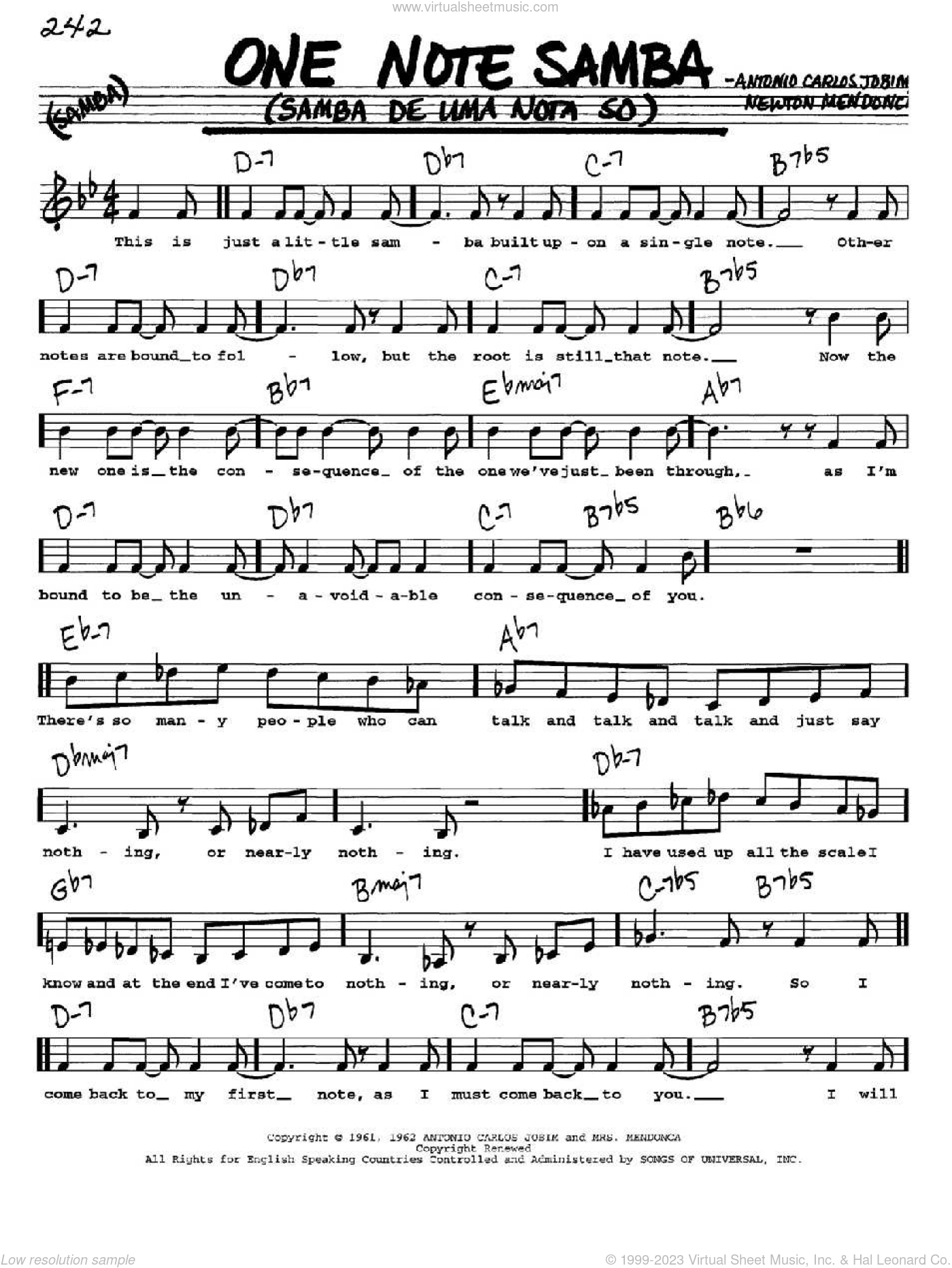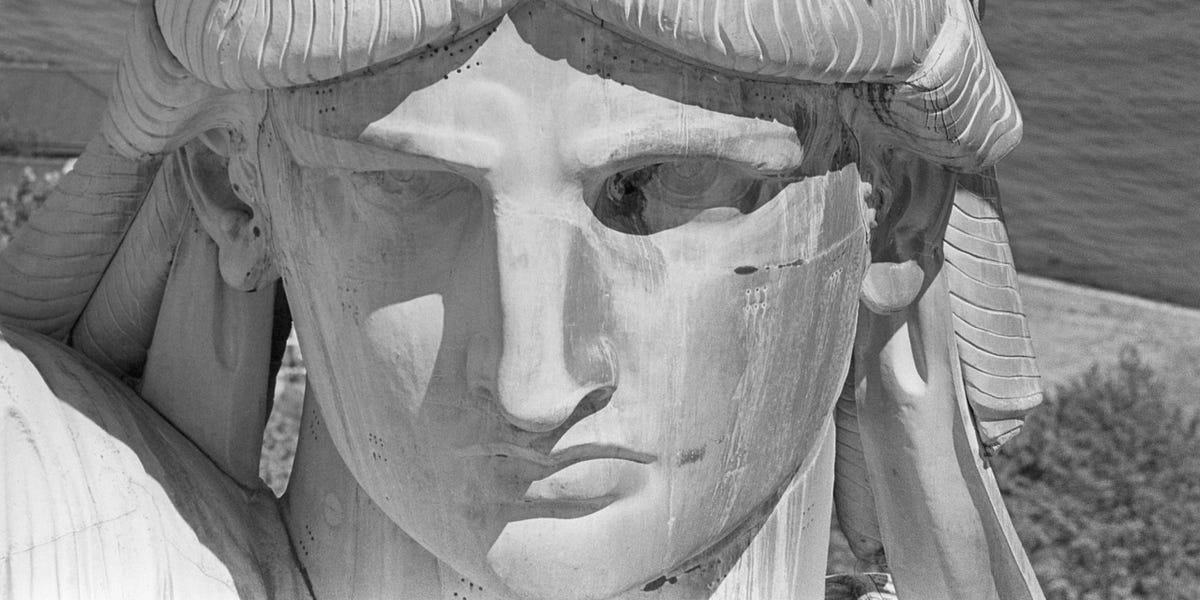The Constitution is known as ‘the law of the land.’
The U.S. Constitution calls itself the "supreme law of the land." This clause is taken to mean that
when state constitutions or laws passed by state legislatures or the national Congress are found to conflict with the federal Constitution, they have no force.
The Constitution as Supreme Law
http://www.let.rug.nl › usa › outlines › government-1991
The fact is that the only document that Americans have agreed to be governed by is the
Constitution. It is written in English….no ‘interpretation’ is required.
Wherein we find this:
Under
the second clause of Article II of the Constitution, the legislatures of the several states have exclusive power to direct the manner in which the electors of President and Vice President shall be appointed.
Such appointment may be made by the legislatures directly, or by popular vote in districts, or by general ticket, as may be provided by the legislature.”
McPherson v. Blacker, 146 U.S. 1 (1892)
supreme.justia.com
But....this occurred: courts altered voting rules.
“In Pennsylvania, the question was whether th
e state’s Supreme Court could override voting rules set by the state legislature. In North Carolina, the question was whether state election officials had the power to alter such voting rules.”
NYTimes
Sooo.....no, the election was not correctly decided, and we don't actually know who won the election.
Article VI, Paragraph 2 of the U.S. Constitution is commonly referred to as the Supremacy Clause. It establishes that
the federal constitution, and federal law generally, take precedence over state laws, and even state constitutions.
Supremacy Clause | Wex | US Law
Good to see your sort sweatin'.....




